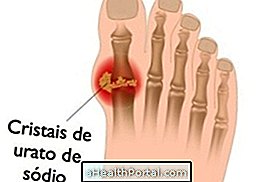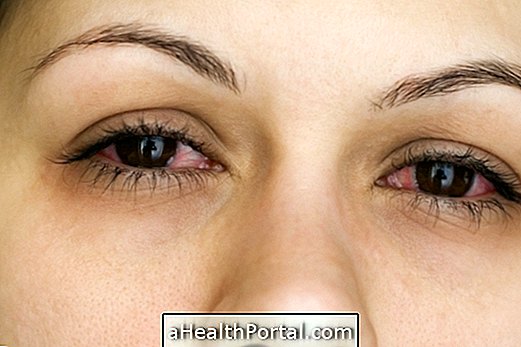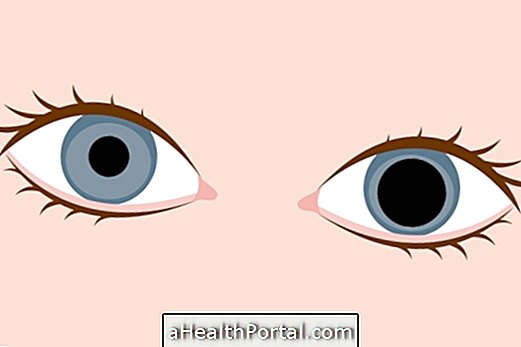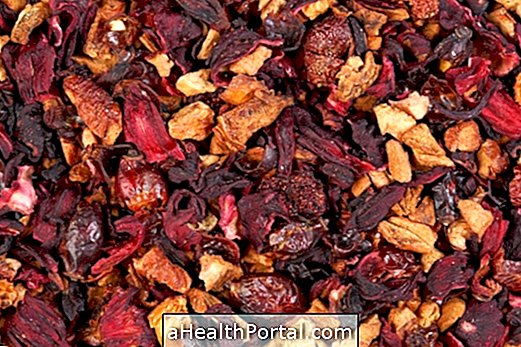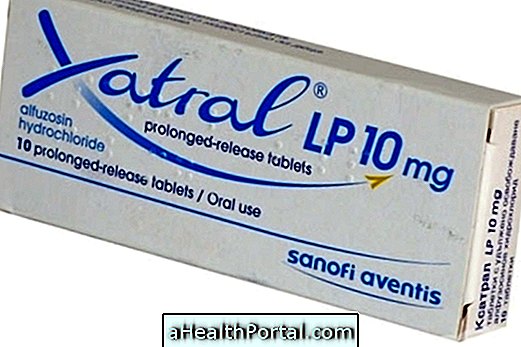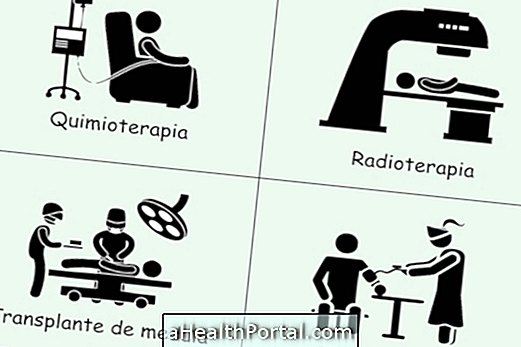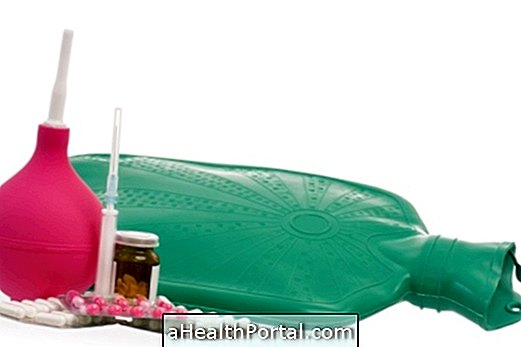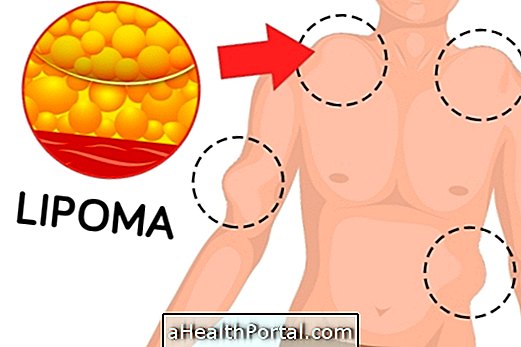Nerve gastritis symptoms usually arise after a situation of great stress or when you are experiencing a period of great anxiety, such as preparation for an exam or pressure at work, for example.
These symptoms can be quite recurrent in some people, especially in those who often suffer with anxiety. Therefore, in these cases, it is advisable to consult a gastroenterologist to assess the need to take a gastric protector, such as Omeprazole, during periods of increased stress, in order to protect the mucosa of the stomach and prevent the onset of gastritis.
The two most frequent symptoms are the presence of belching and the feeling of constant nausea, however, other signs may also be present. Tick the following symptoms:
- 1. Constant, stabbing stomach pain Yes No
- 2. Feeling sick or very full stomach Yes No
- 3. Belly swollen and sore Yes No
- 4. Slow digestion and burping Yes No
- 5. Headache and general malaise Yes No
- 6. Loss of appetite, vomiting or craving for vomiting Yes No

Although not always present simultaneously, the symptoms of nervous gastritis worsen at mealtime during periods of disease crisis.

How to confirm the diagnosis
The diagnosis of nerve gastritis is not accepted by all physicians, however, it can be done when bouts of gastritis arise during periods of increased stress. However, first it is necessary to eliminate other possible causes, like the infection of the stomach by H. Pylori, for example. Understand what H. pylori is and how it is treated.
So, if symptoms arise frequently it is important to consult a gastroenterologist to evaluate the entire history and try to find the most probable cause for gastritis.
How to relieve gastritis nervosa
The first step in relieving the symptoms of gastritis is using strategies to reduce stress and anxiety, such as taking yoga classes to learn to control the mind and breathing, do stretches in the middle of the day to relax the body and, if necessary, follow up with a psychotherapist. See 7 other tips to control anxiety.
In addition, treatment should also include:
1. Light diet
Having a healthy diet helps reduce the production of acidity in the stomach, relieving symptoms of pain and burning. For this, one should avoid eating high-fat foods, as they spend time in the stomach, such as red meats, sausage, sausage, bacon, whole milk, fast food, frozen ready-made food and stuffed biscuits.
To reduce gas production, it is important to avoid consuming foods like carbonated drinks, beans, cabbage, corn, peas, broccoli, cauliflower and egg. Here's how to make a diet suitable for gastritis.
2. Regular physical activity
Practicing regular physical activity is important to improve digestion, decrease stress and anxiety, and increase the production of hormones that give the feeling of pleasure and well-being, helping to alleviate the symptoms of the disease.
3. Choose natural remedies
Some medicinal plants can be used as a natural treatment for nerve gastritis, helping to alleviate the symptoms of the disease. For this, you can use teas of:
- Pepper mint;
- Ginger;
- Chamomile;
- Lemongrass.
These tea are great for relieving nausea, stomach ache and vomiting.
See other natural remedies and pharmacy drugs to treat gastritis nerve.

